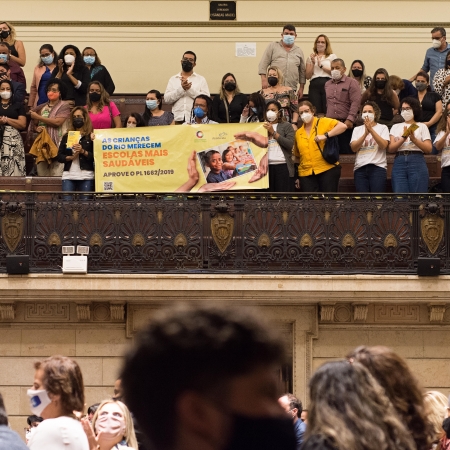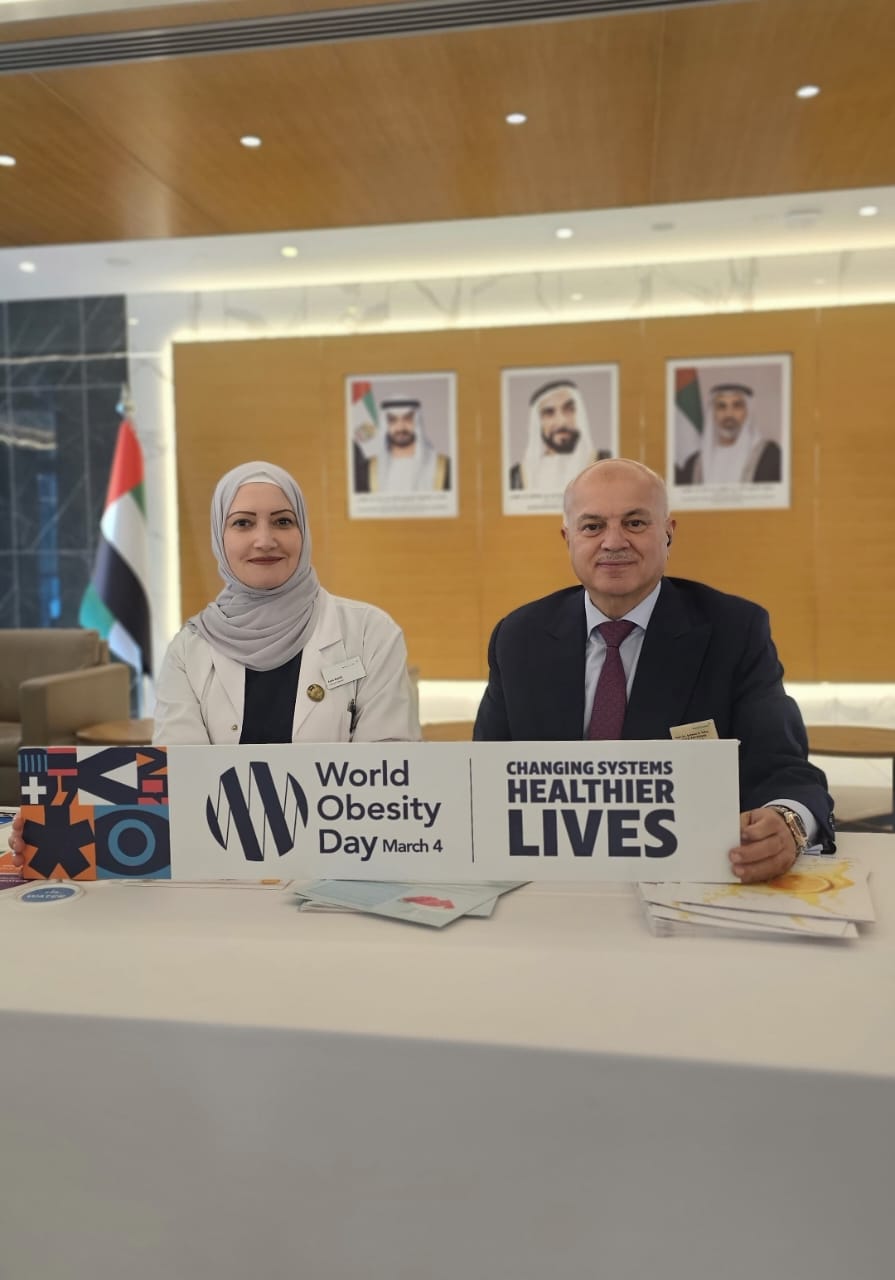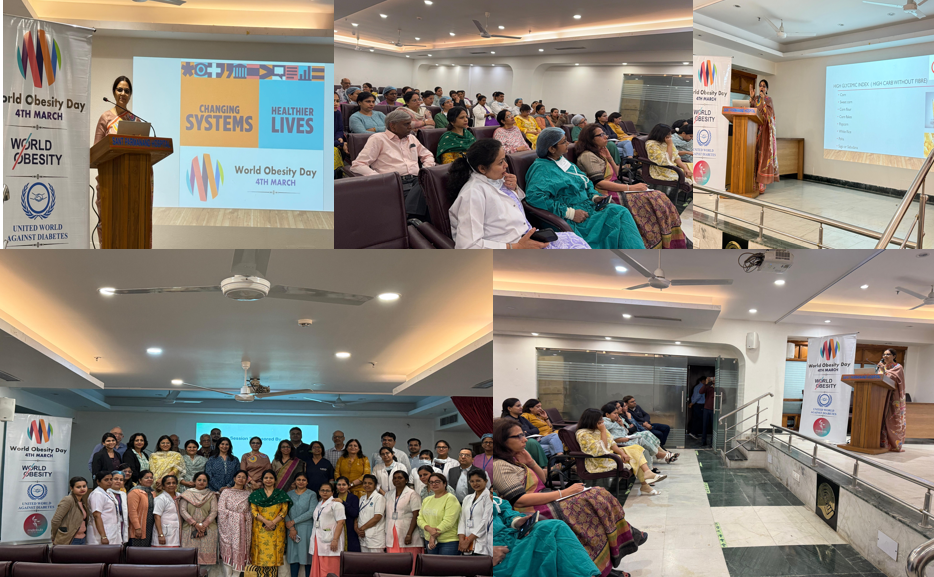Stories

Desiderata Institute - Advocacy for the passage of a law to fight childhood obesity
For World Obesity Day 2022, the Brazilian Obesity Panel convened obesity experts and organizations to share their experiences in preventing and controlling obesity in Brazil. This is one of their stories.
I am an advocacy analyst at the Instituto Desiderata, and I work as a political liaison person on the issue of child and adolescent obesity. I’ve been working on a legislative advocacy project to pass and implement a law to fight childhood obesity in the municipality of Rio de Janeiro.
What was the objective of the project?
The project aims to approve a law, in the municipality of Rio de Janeiro, that institutes actions to combat childhood and youth obesity, by regulating food environments and protecting the right of children and adolescents to health and adequate and healthy food.
The Project of Law (PL) 1662/2019 provides for the following actions: restricting the offer of sugary drinks and ultra-processed foods in public and private schools; regulating the display of ultra-processed foods in commercial establishments, ensuring that they are positioned above children’s line of sight on racks and shelves (from one meter high); implementing breast milk collection and packaging rooms in companies. In this way, the PL provides for the regulation of strategic points in the containment of the growing numbers of obesity in children and adolescents.
What was the methodology used?
Integrated advocacy actions were implemented for the approval of the bill in question. Initially, the legislative house was mapped, and a profile of each parliamentarian was gathered in order to define advocacy strategies and identify potential supporters.
Next, we carried out an advocacy face-to-face with the parliamentarians and their advisors. To subsidize the advocacy and support the councillors in their decision-making about the PL, technical documents were elaborated (notes, technical sheets, and amendments).
Also, because we understand communication as a fundamental ally for social mobilization, we started, in parallel, a mobilization campaign in support of the approval of the PL, with dissemination of information to the population, providing a more comprehensive look at the various factors that contribute to the development of childhood obesity and youth and advertising pieces that invited society to sign the online petition for the approval of the project.
What were the results?
The advocacy actions were fundamental in raising the awareness of 30 of the 51 councillors, enabling the PL to be put on the agenda and approved in the first discussion with 30 votes in favour and 10 against. It is noteworthy that the votes in favour came from members of different party legends and ideological fields, indicating that the advocacy strategy was right and that the importance of the issue goes beyond political disputes.
Our advocacy strategy also made it possible for the issue of childhood obesity and the need for regulation of food environments to gain notoriety in vehicles of great local and national reach, with publication of articles and interviews, including in the Chamber's internal circulation channel, whose audience is members of Congress and their advisors. On social networks, the campaign reached 8 million people, which generated 48.7 thousand visits to our page and 6.3 thousand signatures in support of the petition.
How have these results impacted the lives of people living with obesity?
All the actions described here are part of an effort to implement measures that provide healthy environments for children and adolescents as a way to promote healthy eating habits and contain, in the medium and long term, the advance of obesity rates in the city of Rio de Janeiro.
Studies are conclusive in pointing out that environmental and public policy interventions are the most promising strategies for improving the health of the entire population. Thus, promoting awareness of parts of society, including the school community, parliamentarians, and the Municipal Department of Education of the city of Rio de Janeiro, of the relevance of the issue, contributes in an important way to the promotion of adequate and healthy eating and the prevention of obesity in children and adolescents.
By Fabíola Leal.
Find out more about the Instituto Desiderata.
in collaboration with





